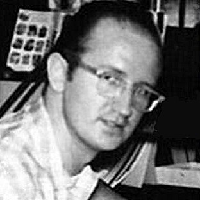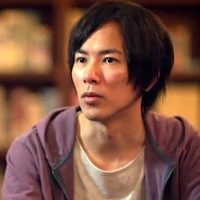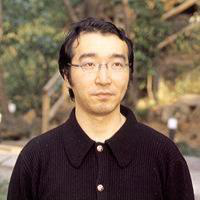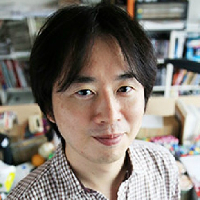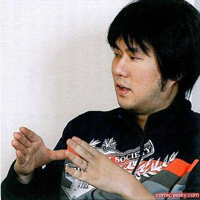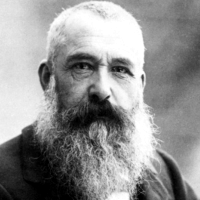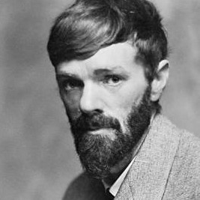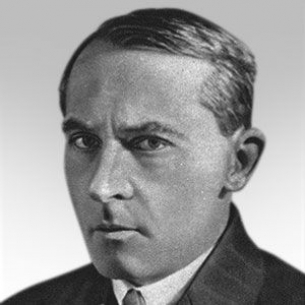Steve Ditko mbtiパーソナリティタイプ
個性
"Steve Ditkoはどのような性格タイプですか? Steve Ditkoは、INTJ in MBTI、4w5 - sp/sx - in Enneagram、RCOEI in Big 5、 in socionics のパーソナリティタイプです。"
INTP could make sense, actually. Ti doms attempt to formulate a sense of morality by taking external values that make sense to them (like objectivism for Ditko) and building a framework out of it. They access their Fi THROUGH Ti. It's rigid, it's formulaic, and it's VERY stubborn. On the one hand, they're fiercely independent. On the other hand, especially when accompanied by Ne (INTPs) they feel a strong desire to justify their arguments,to flesh them out in a creative manner. INTPs can often end up following this impersonal system of etiquette, even if it doesn't benefit them because their desire to be consistent (Ti) and their concerns about fulfilling the ethic they present (Fe inferior)
バイオグラフィー
Stephen John Ditko (/ˈdɪtkoʊ/; November 2, 1927 – c. June 29, 2018) was an American comics artist and writer best known as the artist and co-creator, with Stan Lee, of the Marvel Comics superheroes Spider-Man and Doctor Strange. In 1966, after being the exclusive artist on The Amazing Spider-Man and the "Doctor Strange" feature in Strange Tales, Ditko left Marvel for reasons he never specified. Although a reclusive man himself, Ditko was known for adding a personal touch to all of his characters, and bringing subtle emotions into his panels. As a storyteller he was one of the first to apply philosophy in his stories, most notably the Objectivism theory by Ayn Rand. Ditko was inducted into the comics industry's Jack Kirby Hall of Fame in 1990, and into the Will Eisner Award Hall of Fame in 1994.
